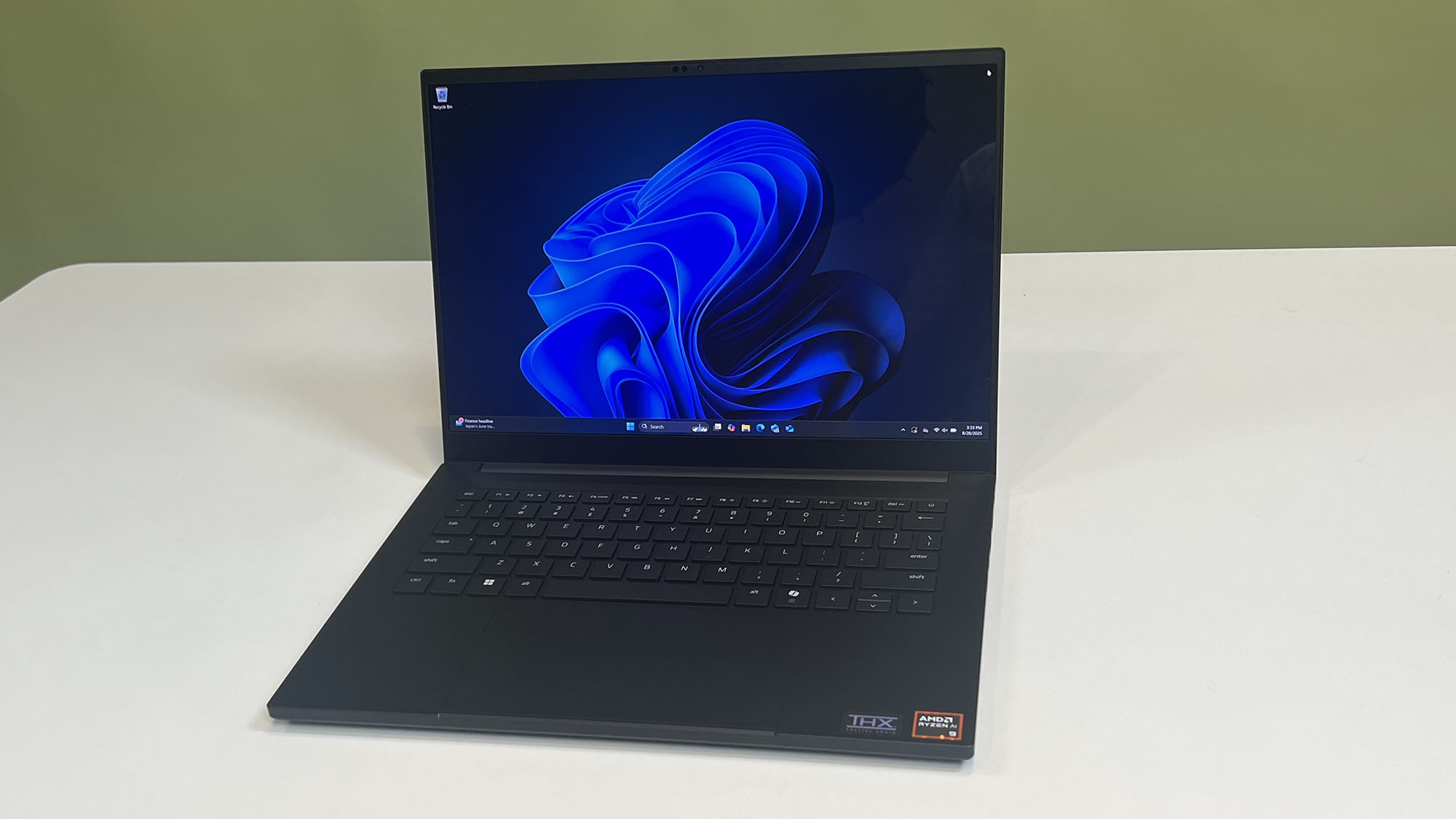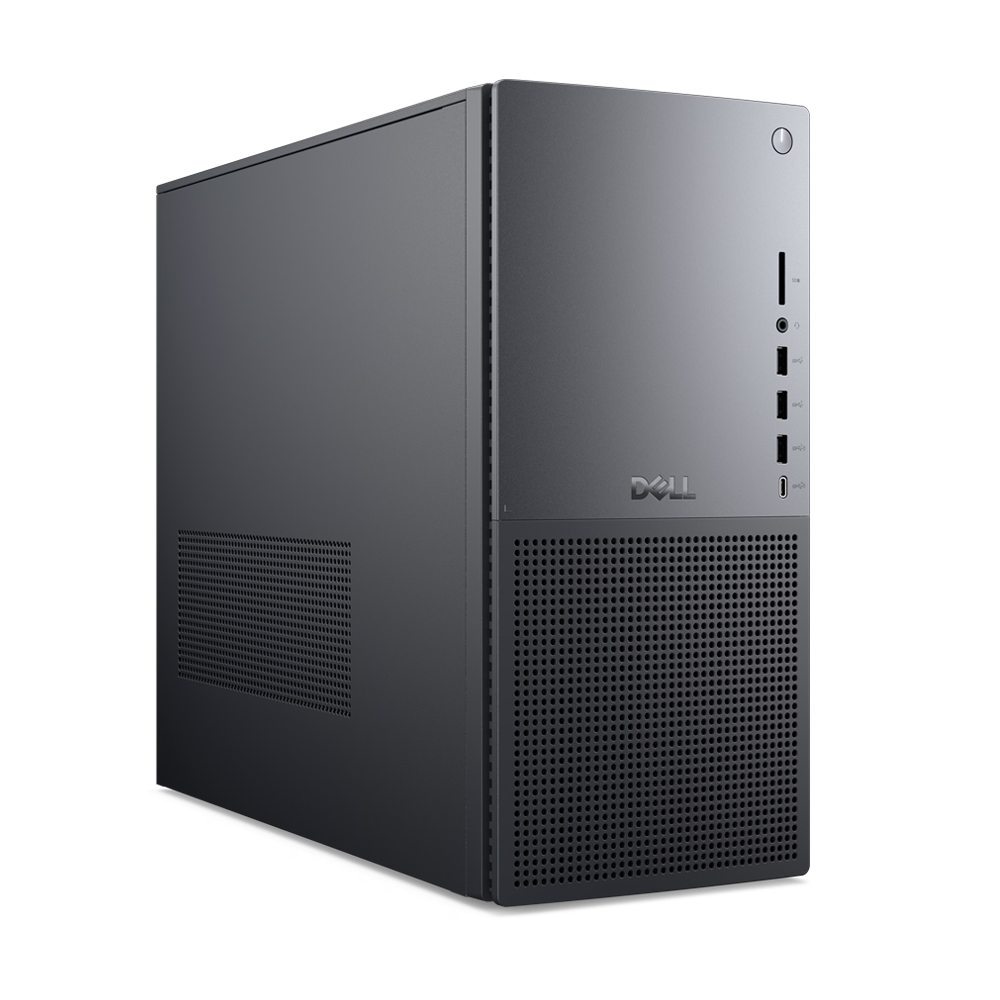Microsoft reveals new plan to make your Windows 11 PC more stable and reliable – and help you recover from disasters
Better drivers, and potentially a nifty new recovery feature

Sign up for breaking news, reviews, opinion, top tech deals, and more.
You are now subscribed
Your newsletter sign-up was successful
- Microsoft has a plan to achieve better 'resiliency' with Windows 11
- That includes improvements to make drivers more reliable
- There's also a new recovery feature, which is essentially a supercharged version of system restore
Microsoft has outlined how it intends to improve Windows 11 for better reliability with drivers, alongside an interesting new recovery feature for the desktop OS.
A whole load of revelations were made in a lengthy Microsoft blog post about 'Windows security and resiliency innovations' (as spotted by Bleeping Computer). This is mainly focused on the business world, but also has ramifications for consumers, too.
There are some important moves with Windows 11 drivers that have previously been applied to antivirus apps, but are now more broadly being implemented for all drivers.
As Microsoft puts it: "In short, we're raising the bar for driver signing and making it easier to build reliable drivers for Windows."
This entails a bunch of new certification tests in driver signing (validation) to ensure better quality drivers for Windows 11, and a shift away from "code that runs in kernel mode across driver classes" to standardized Windows drivers (which Microsoft is going to be making more of).
Microsoft makes it clear that third-party kernel-mode drivers will still be supported in Windows 11, and aren't going away by any means, noting: "Graphics drivers, for example, will continue to run in kernel mode for performance reasons."
A raft of moves for new PC recovery features is also discussed in the blog post, much of which relates only to the management of fleets of computers in an enterprise setting, but there's one feature that makes sense for consumer PCs as well.
Sign up for breaking news, reviews, opinion, top tech deals, and more.
This is an addition to Windows 11's Quick Machine Recovery feature introduced earlier this year, which allows for a PC to recover from a boot failure (or that's the hope, anyway).
It's called 'point-in-time restore' (PITR), and it rolls back a PC that is having issues to an earlier state where the system was still working fine.
Microsoft explains: "This recovery action helps resolve a wide range of issues, including problems with updates, driver conflicts, and configuration errors."
We're told that PITR is going to be in testing with a preview build that arrives for Windows 11 later this week, so that's one to watch out for.
Analysis: good things come to those who wait

If you're thinking, "Isn't PITR just system restore with a different name?" Well, yes, kind of, and these features do have the same end goal – to revert the Windows 11 PC back to a working state after a glitch that's cropped up in the operating system is making your life a misery.
However, at this point, system restore is a rusty old ability that is difficult to put much faith in, and the idea with PITR is that it's a lot more reliable and works faster. As Bleeping Computer highlights, the idea is to build a more fully-featured, better version of system restore, one that takes a snapshot of the whole system (for later restoration if needed) that also includes local files and apps. If you recall, system restore only works with system files, not other files or software.
The catch is that PITR is managed via Intune by system admins, and as noted, it's a business feature – but I don't see why it wouldn't have a broader rollout among Windows 11 users eventually. After all, system restore is seriously outdated (does anyone even use it anymore?), and it really does need replacing.
The driver improvements are something everyone will clearly benefit from, giving more stability around the hardware and software that you have on your Windows 11 PC. That said, the transition to better driver resiliency will be an ongoing process over the "coming years," and so don't expect miracles to happen overnight.
It's good to know that these improvements are in the pipeline, though, along with other reliability boosts for Windows 11, such as Proactive Memory Diagnostics. Hopefully, PITR will eventually be an option for consumers, too.

➡️ Read our full guide to the best computers
1. Best Windows:
Dell Tower Plus
2. Best Mac:
Apple Mac mini M4
3. Best Mac AIO:
Apple iMac 24-inch (M4)
Follow TechRadar on Google News and add us as a preferred source to get our expert news, reviews, and opinion in your feeds. Make sure to click the Follow button!
And of course you can also follow TechRadar on TikTok for news, reviews, unboxings in video form, and get regular updates from us on WhatsApp too.
Darren is a freelancer writing news and features for TechRadar (and occasionally T3) across a broad range of computing topics including CPUs, GPUs, various other hardware, VPNs, antivirus and more. He has written about tech for the best part of three decades, and writes books in his spare time (his debut novel - 'I Know What You Did Last Supper' - was published by Hachette UK in 2013).
You must confirm your public display name before commenting
Please logout and then login again, you will then be prompted to enter your display name.